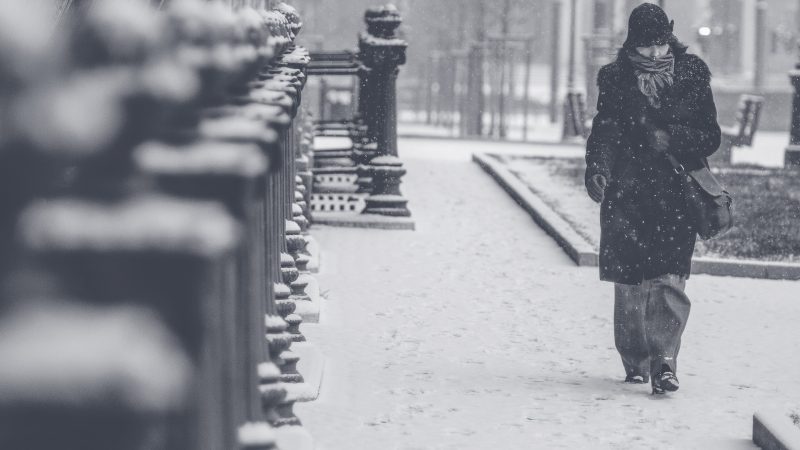For some, changes in weather or seasonal changes can have a big impact when it comes to medical conditions. With winter upon us, those suffering from high blood pressure(HBP) may wonder what the colder temperatures mean for them.
Unfortunately, blood pressure tends to be higher in the winter and lower in the summer. What accounts for the change? Low temperatures cause blood vessels to narrow. More pressure is then needed to force blood through narrowed arteries and veins, resulting in higher blood pressure.
When temperatures plummet, it’s easy for activity rates to drop as well. A decrease in physical activity can lead to weight gain which could also be attributed to a spike in blood pressure. Make sure to find a way to maintain a regular exercise schedule, out of the extreme cold, and incorporate healthy, balanced meals into your diet.
Another theory raised by a physician conducting a study out of Georgetown University stated that people tend to be more depressed in winter months. This leads them to consume more alcohol and coffee which are both things that can raise blood pressure.
Overall, it has been widely agreed upon that high blood pressure is harder to control in colder weather. If you or someone you love is suffering from high blood pressure and looking for new treatment options, studies are enrolling now in your local area that may help. Research doctors are evaluating new treatment options and qualified participants may have access to potential new HBP treatments. Participants often receive care from board-certified physicians and other medical staff, and may receive compensation for time and travel expenses. To learn more about these studies and to see if you qualify CLICK HERE.

